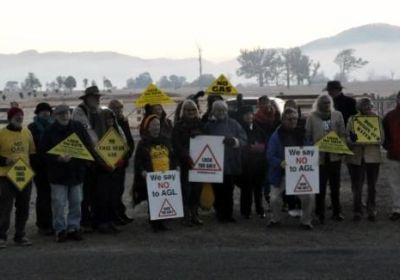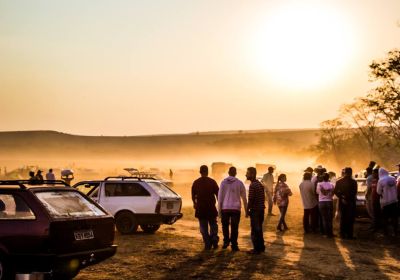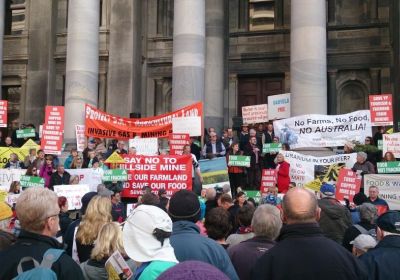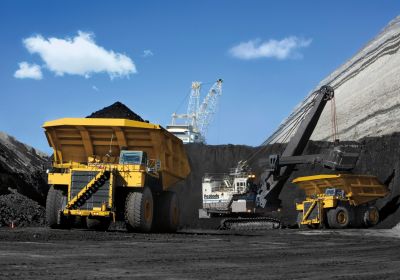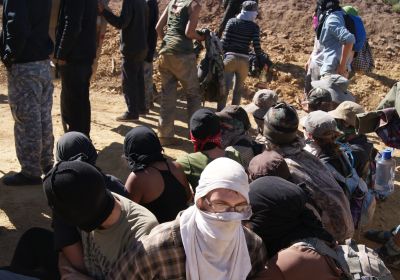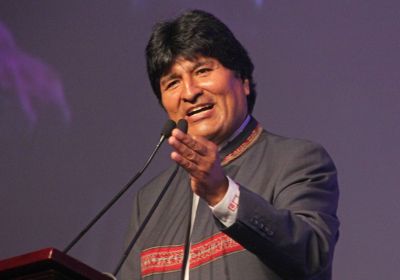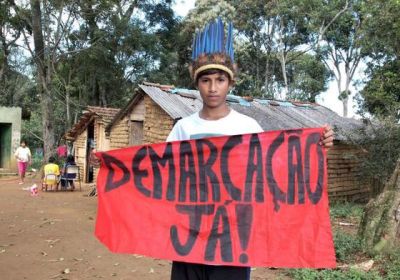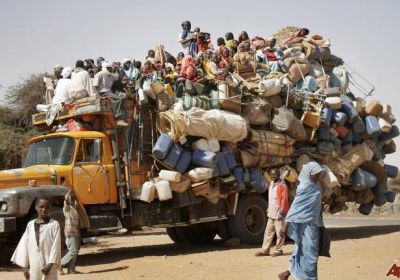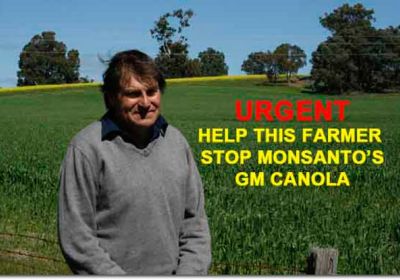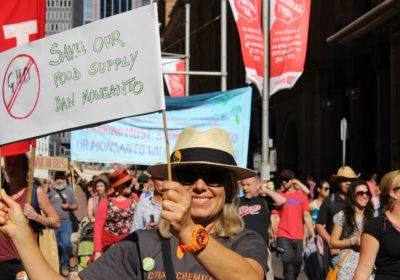
The Queensland government has limited the ability of the public to object to a mining lease.
The Mining and Energy Resources Bill, passed on September 9, means only affected landholders, their neighbours or local councils can object to mining lease applications in the Land Court.
In a statement, campaign group Lock the Gate said: “In an 11th hour move, the Queensland government has silenced objections to mining projects across the state giving open slather to Indian coal billionaire Gautam Adani to develop the Galilee Basin into one of the largest coal precincts in the world.”
